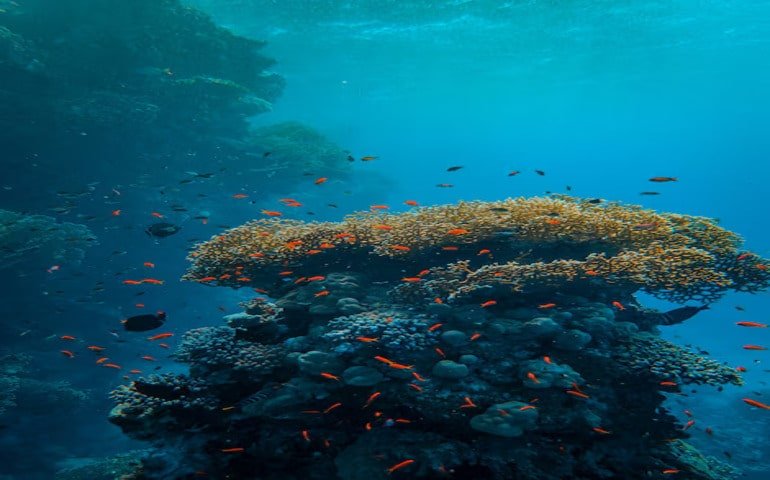The Oceanography Level 3 Advanced Diploma provides a comprehensive exploration of oceanographic science, covering physical, chemical, biological, and geological aspects of the world’s oceans. This course empowers learners with critical insights into marine ecosystems, ocean circulation, seafloor geology, and the impact of human activities, climate change, and sustainable practices on ocean environments.
Who is this course for?
- Aspiring oceanographers and marine scientists
- Environmental science students and professionals
- Coastal and marine conservation enthusiasts
- Policy makers and environmental advocates
- Educators and researchers in marine studies
Requirements
- Basic understanding of science and environmental concepts
- Interest in marine ecosystems and conservation
- Strong analytical and research skills
Career Path
- Marine Scientist
- Oceanographer
- Environmental Consultant
- Marine Conservation Officer
- Climate Change Analyst
- Coastal Resource Manager
Course Curriculum
-
- Definition and Scope of Oceanography 00:10:00
- History and Evolution of Oceanographic Studies 00:10:00
- The Role of Oceanography in Understanding the Planet 00:10:00
- Branches of Oceanography (Physical, Chemical, Biological, Geological) 00:10:00
- Overview of Global Ocean Basins 00:10:00
-
- Properties of Seawater (Temperature, Salinity, Density) 00:10:00
- Ocean Circulation and Ocean Currents 00:10:00
- Tides and Waves: Types and Formation 00:10:00
- Climate Change and Its Impact on Oceans 00:10:00
- Ocean-Atmosphere Interaction (El Niño, La Niña, and Monsoons) 00:10:00
- Structure of the Ocean Floor (Continental Shelf, Slope, Abyssal Plain) 00:10:00
- Plate Tectonics and Seafloor Spreading 00:10:00
- Marine Sediments and Their Importance 00:10:00
- Hydrothermal Vents and Mid-Ocean Ridges 00:10:00
- Geological Processes Shaping the Oceans 00:10:00
- Marine Ecosystems and Biodiversity 00:10:00
- Phytoplankton and Primary Production 00:10:00
- Zooplankton and Marine Food Webs 00:10:00
- Marine Life Adaptations to Ocean Environments 00:10:00
- Conservation of Marine Species 00:10:00
- History of Ocean Exploration 00:10:00
- Modern Tools and Techniques in Oceanography 00:10:00
- Submersibles, Satellites, and Drones in Ocean Research 00:10:00
- Mapping the Ocean Floor: Methods and Challenges 00:10:00
- Future of Ocean Exploration 00:10:00
- The Role of Oceans in the Climate System 00:10:00
- Impact of Global Warming on Oceans 00:10:00
- Ocean Currents and Carbon Sequestration 00:10:00
- Coral Bleaching and Rising Sea Levels 00:10:00
- Mitigation Strategies for Ocean-Climate Issues 00:10:00
- Order Certificate 00:05:00
New Courses
Blogs
Jul'23
ADHD Training for Teachers: Empowering Educators to Support Students with Attention Challenges
Relationships may be severely harmed by narcissistic behaviours, leaving emotional scars and...
Jul'23
Narcissistic Behaviour and Relationships: Understanding the Impact and Finding Healing
Relationships may be severely harmed by narcissistic behaviours, leaving emotional...
Jul'23
Childhood Trauma in Adults
What Is Childhood Trauma? Childhood trauma refers to distressing or...
Jul'23
Creating A Social Media Strategy
Set Clear Objectives:The first step in developing a successful social media...
Jul'23
Neuro-Linguistic Programming Techniques
Neuro-Linguistic Programming (NLP) is a fascinating and widely acclaimed approach...
Jul'23
Acceptance and Commitment Therapy in the UK
What is acceptance and commitment therapy? Acceptance and Commitment Therapy...





